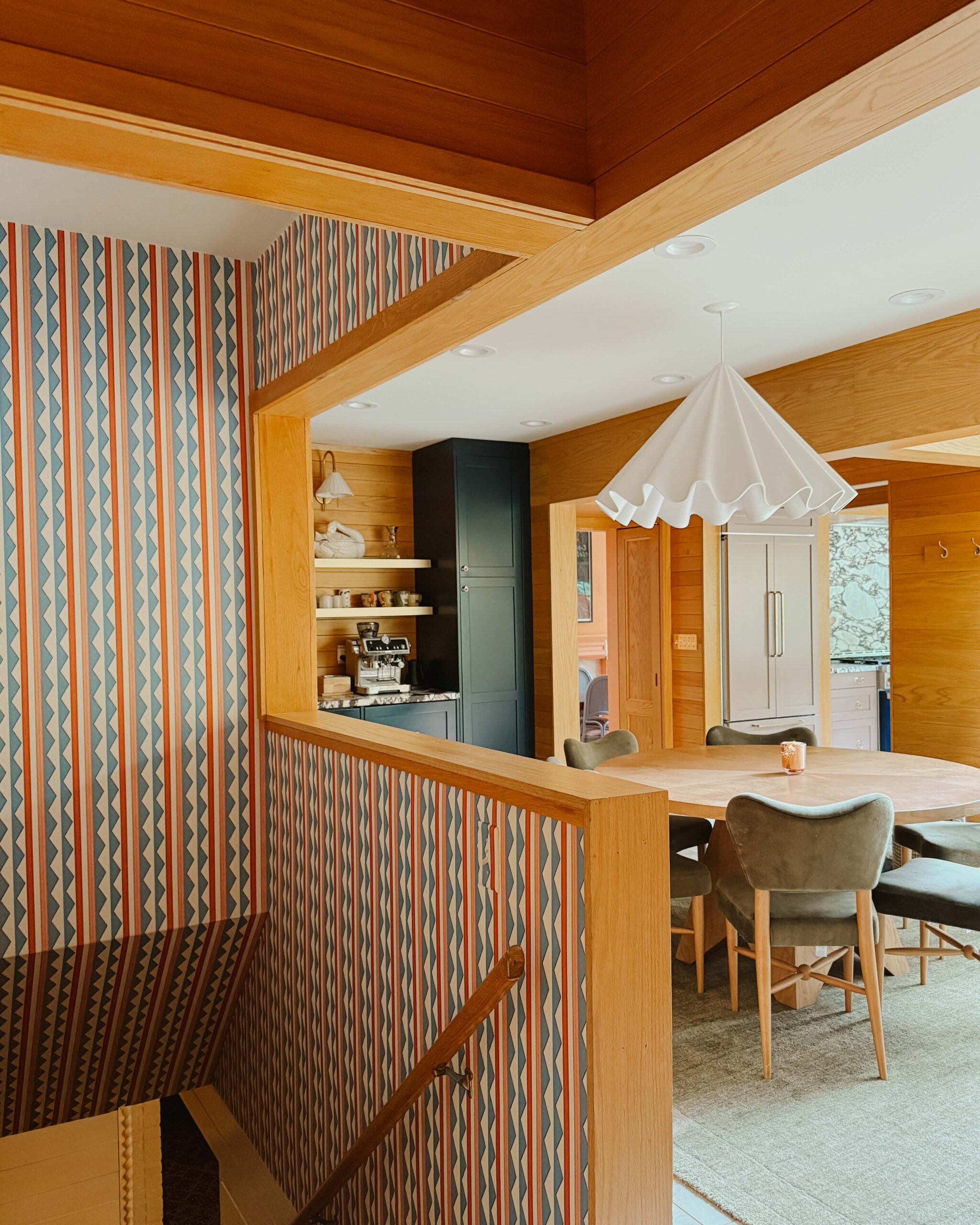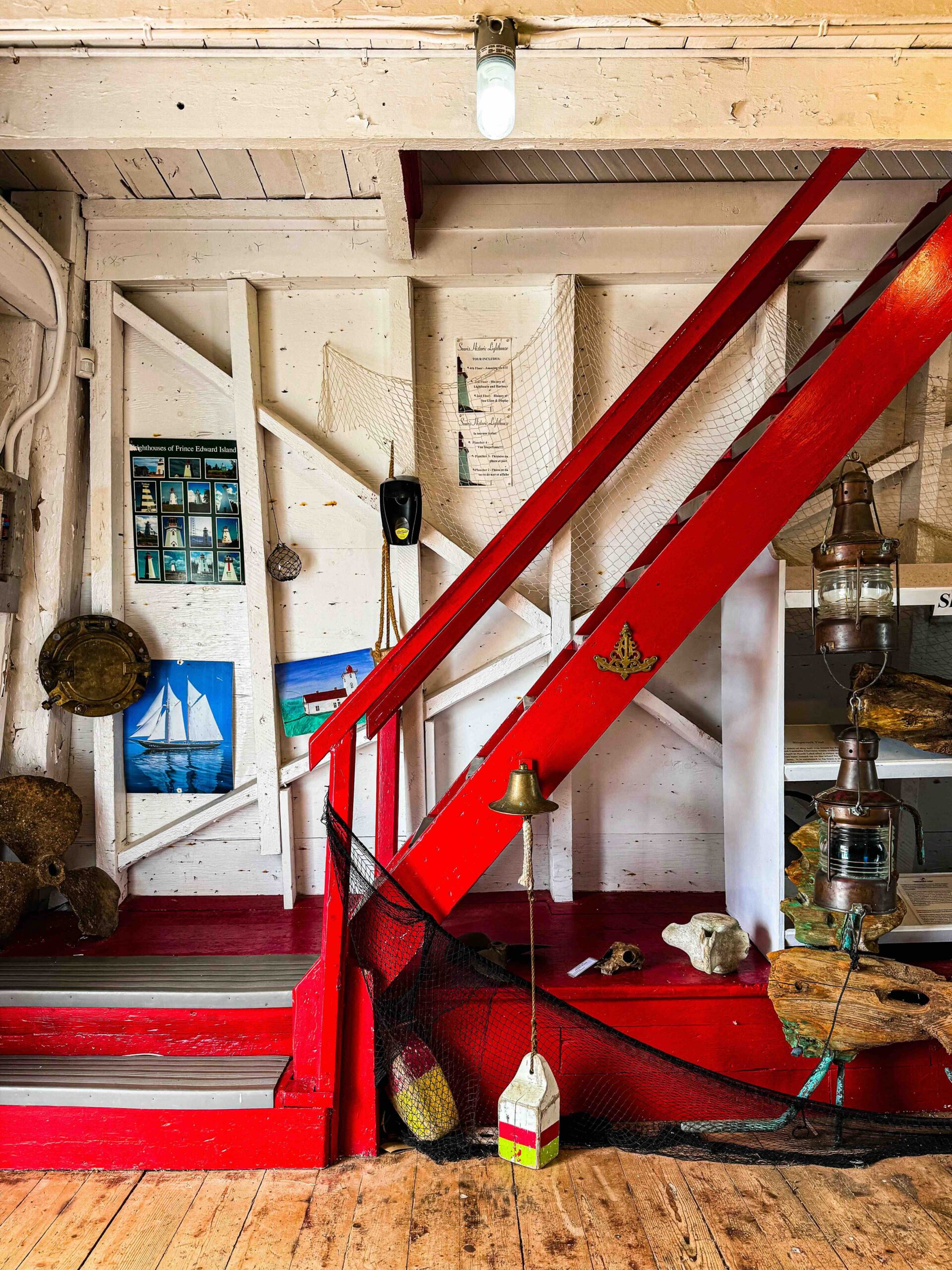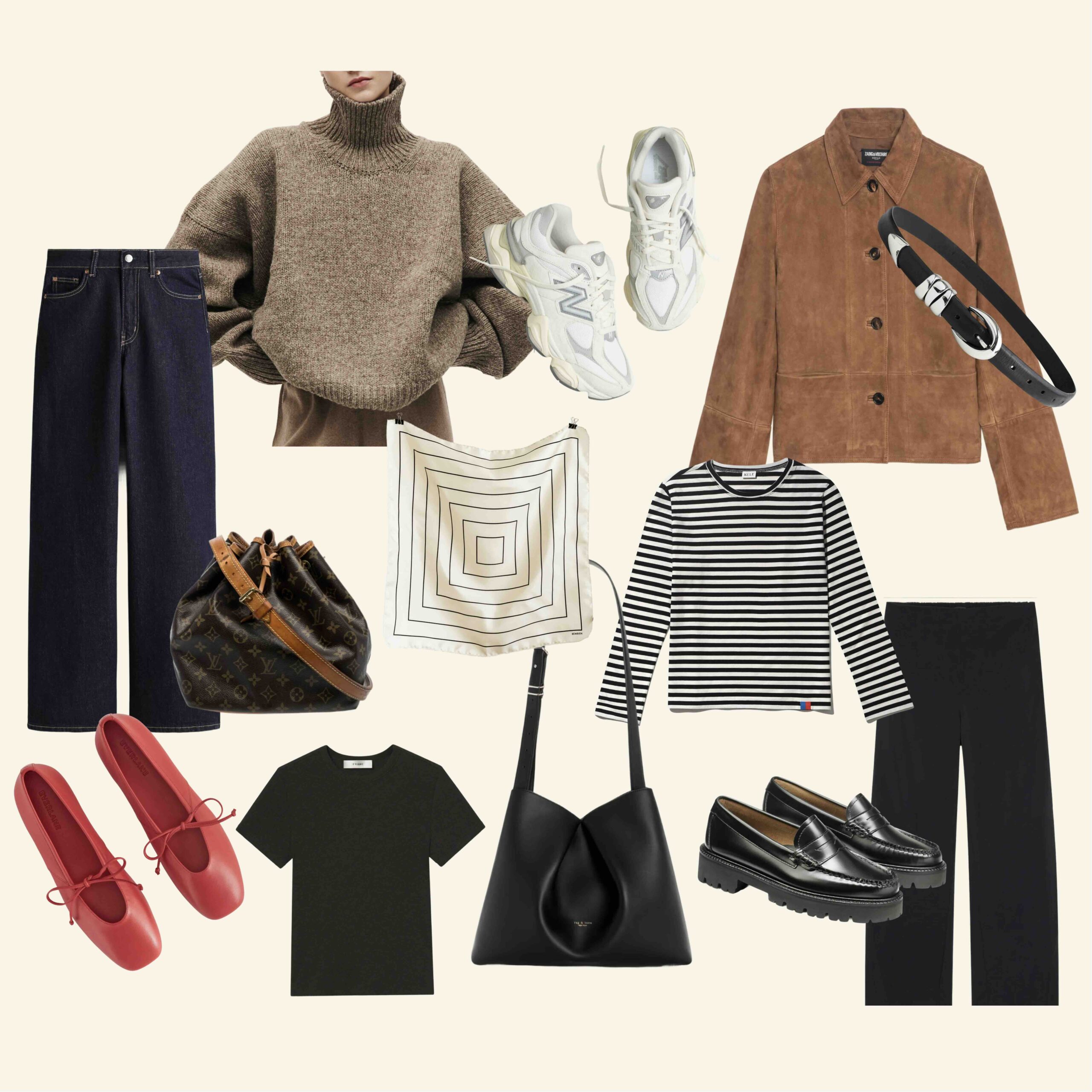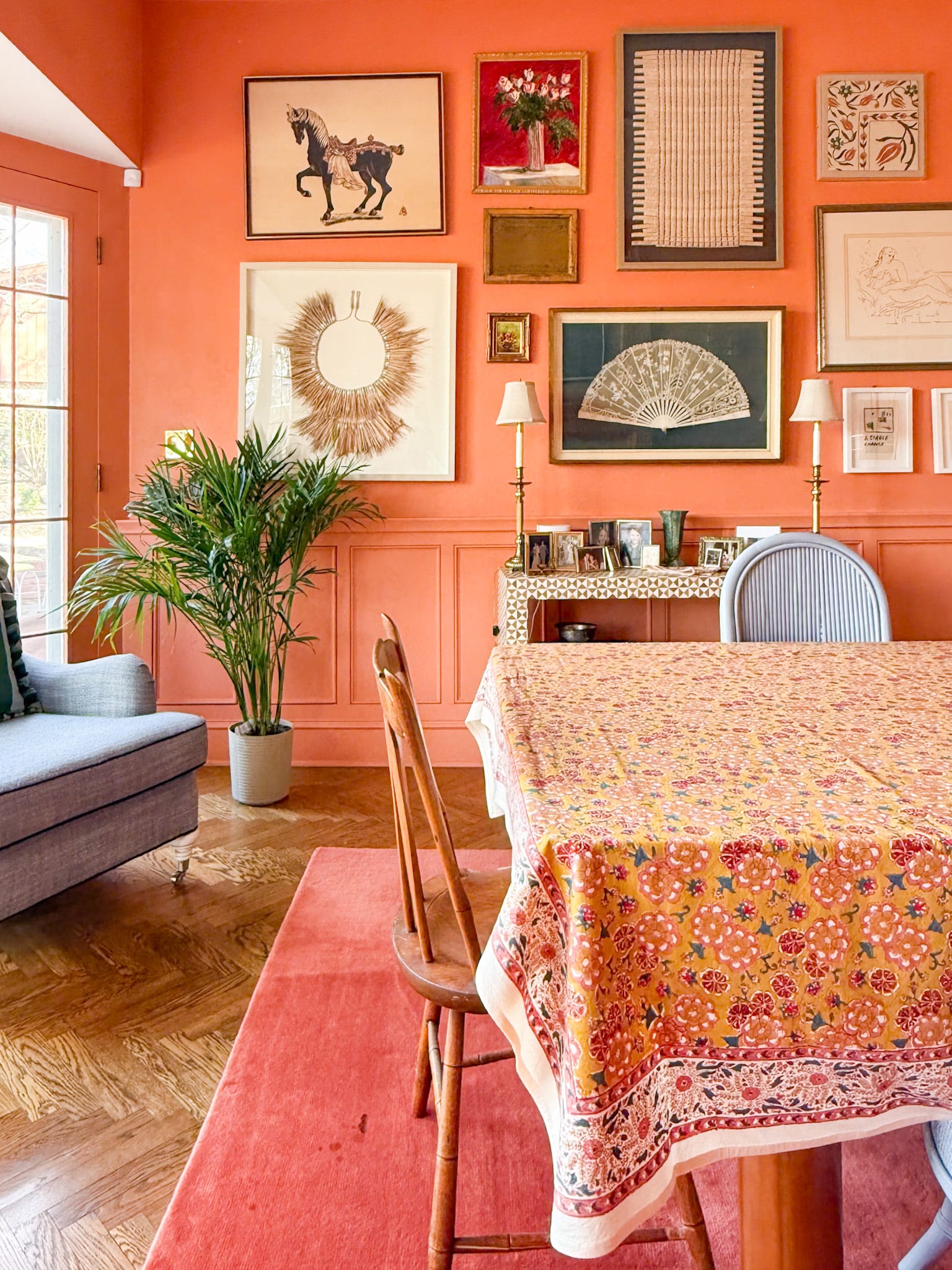

“Hope is always accompanied by the imagination. The will to see what our physical environment seems to deem impossible. Only the creative mind can make use of hope. Only a creative people can wield it.” – Jericho Brown
“None of that, grandma.” My older brother Andy said with a sly smile to my 92-year-old grandma. She was holding his arm, sitting next to him at the University of Minnesota hospital. He was referring to the tears in her eyes and the reference she had made to his death. They said their goodbyes and my mom and I ushered my grandma and aunt out of the room. There were two rules in Andy’s hospital room: No crying and No talking about death.
This was a hopeful hospital room. A room where my 34-year-old brother was facing the biggest hurdle of his life. And yet, in his words, “Once this situation is over,” we were going on one epic climbing trip.
People couldn’t understand why Andy’s room was a hopeful hospital room. At 6 ft 2 inches, Andy was under 125 pounds and hadn’t kept food down for over a month. For most, physically seeing him was jarring. It hit you like a ton of bricks. Through the whole journey, Andy had chosen hope. He had chosen gratitude. He focused on the good, despite all of the bad. And the end was no different.
Andy’s hopeful approach to living was powerful and steadfast. How he lived with a terminal diagnosis of cancer inspires me every single day. It’s one all of us could stand to echo. But, I’m getting ahead of myself. Let’s start at the very beginning.
The Diagnosis
It was 6:00 am in the parking lot of a Walmart in Rogers, MN. We were on our way to celebrate my dad’s 70th birthday as a family in Canmore, Alberta, our favorite place in the world. We were waiting for my brother Josh to drop off a car seat. “Is it cancer?” my mom said. Those three words made my stomach drop, and it’s yet to come back up. I now understood why my parents had been so distant and distracted the night before at their house.
My mom hung up and I asked, “What’s going on?” That’s when I found out Andy had some swelling in his abdomen, so went to the doctor. They found a tumor in his colon, a day before he was supposed to leave for our trip to Canmore. The doctors said, “No, it’s not cancer. You’re too young for that. Go on vacation and we’ll deal with this after.” I felt mild relief. Okay, not cancer, but still worrisome. I remembered being with him at the cabin one month earlier for the Fourth of July. We all noticed Andy had a little beer belly, but who would think that meant he had stage 4 cancer?
We made the 23-hour drive up to Canmore. Andy had flown in a few days prior and was staying in Banff. My partner at the time and I drove to pick Andy up. I will never forget spotting him on the side of the road. He was a block away, standing outside his hotel. From the car, I could see that Andy couldn’t button the bottom half of his shirt because his belly was swollen. My stomach dropped a little further into my feet.
I got out of the car and gave Andy a hug. “Hey, Neen! How’s it going?” There was a hint of worry in his eyes, but he was the same old chipper Andy. Cracking jokes and regaling Steve and I with stories of golfing over the last few days and how nice his hotel suite was. The next week was an out of body experience. Andy had a big swollen belly, we were all anxious, and we all had worry in our eyes. But we operated as usual: hiking, biking, climbing, and savoring each other’s company. Not knowing this would be the last time we would all be together as a family in the mountains. Next time we were here we would have a memorial service for Andy at his favorite spot, across from the ice fields.
I will never forget that first night. Andy and I shared a room that week. I opened the bedroom door and saw him standing in his boxers with his skinny legs, skinny arms, and huge distended belly. Tears welled up in my eyes immediately, but I said to myself, “It’s okay. It’s not cancer.” A few days into the trip my dad called a family meeting. The doctors called, Andy had to get back to Detroit ASAP; they’d looked at the scans again and were worried. We sat in silence, but the room around us felt loud. You could hear the anxiety and worry that filled the space. We walked to a playground and watched the kids play in silence. My older sister, a cancer survivor and a doctor, fielded a lot of “Is it cancer?” questions from all of us over that week. She would always respond with some version of, “I don’t know, we’ll let his oncologists figure it out.” But I could tell that things were not good.
Through the week, Andy didn’t complain one time. He would hike all day, take care of the kids, and then stay up after everyone else went to bed, talking to me. Not once did he bring up the possibility of cancer, not once did he get sad. If his belly wasn’t swollen you would have no idea he was sick.
Andy flew back to Detroit and they attempted a colonoscopy. My mom, dad, and I were sitting in a cabin in Radium, British Columbia anxiously awaiting the results. I’ll never forget the sound of the clock ticking, the silence in the room after my sister’s phone call. How my body sank into the couch, and I didn’t know I was crying until I reached up and touched my face. It was official. Andy had cancer.
The fluid in his belly was called Ascites. I talked to Andy after his belly was drained for the first time. “It was amazing, Neen. I looked down and I had a six-pack again.” The doctors had drained 16 pounds of fluid from his belly. Still, no complaints from Andy. He was happy to have his former figure back and all that liquid pressure out of his body. The doctors started him on the most aggressive chemotherapy regimen. We all fell in step with the prevailing theme: He’s too young. It’s serious, but he’s going to beat it.


I went out to Detroit and kicked around for a bit with him. Still never complaining, never letting himself get down, he was the same old Andy. The only indication he was sick was the chemo port near his collar bone and the fact that he was eating more blueberries. When I asked him about the blueberries he said he read that blueberries were good for his “situation.”
This is when the pressure started. The pressure to get Andy to admit that things were serious. To get Andy to start the stage 4 cancer checklist and admit the very real possibility of death. But Andy wanted none of that.
From the beginning, Andy made a conscious and deliberate decision to choose hope. Any talk other than that was of no use to him.
Andy would have his 3-day chemo regimen, and on his off weeks he’d fly to St.Paul. He’d hang around with family and friends and still never complain. His iconic quick wit and sense of humor were fully intact. On one of these trips, Andy was at a coffee shop and he saw a priest he knew. The priest put his hand on Andy’s shoulder and said, “May the rest of your days be blessed days.” and then, realizing his mistake, he said “And may there be many, many days.” I remember Andy telling me the story and we both rolled our eyes. Who does that? None of that.
Andy completed his round of chemo and we prepared for his HIPEC surgery. This was Andy’s last chance to survive. The statistics were stark: 40% of people who successfully had a HIPEC surgery lived past five years.
Andy never complained about the surgery, never bemoaned the lengthy recovery. He was going to do it, it was going to work, and there was no point talking about it more than that. Once he was healed up we had trips to take. It was a Monday morning in March when he went in for his pre-surgery scope. We found out the cancer had spread too far. He was no longer a candidate for surgery. Back to chemo and the chance of immunotherapy. He was hopeful. He was grateful. And the lining of his abdomen was full of cancer.
The In-between
By this time, Andy had moved home to St. Paul. He had chemo every other Tuesday and my mom and I would switch off going with him. When we sat at chemo we never talked about his cancer; he never got down in the dumps. We looked at sneakers together, talked potential names for my new puppy, and he essentially planned my wedding. I would often think back to a conversation we had at 2 am a few years ago over a glass of scotch. I talked about my quarter-century crisis, and my general unhappiness with life. Andy looked up teary-eyed and said, “You know, Neen, I’ve been thinking a lot about gratitude. It’s easy to be grateful when life is good. But can you be grateful when life is really hard? When things are just shitty? I’ve been trying to do that. To be grateful for everything, even the really hard things.”
Andy looked up teary-eyed and said, “You know, Neen, I’ve been thinking a lot about gratitude. It’s easy to be grateful when life is good. But can you be grateful when life is really hard? When things are just shitty? I’ve been trying to do that. To be grateful for everything, even the really hard things.”
On this cancer journey, I thought about that night often. If I close my eyes I can see the glass of scotch, my brother’s kitchen table, and Andy sitting across from me in a tank top that said, “I don’t do cardio because these colors don’t run.” If this were a movie, this scene would be foreshadowing.
Andy continued to be hopeful. He kept on with chemo and decided to go out to Philly and try the HIPEC surgery once more with the doctor who invented it. I’ll never forget getting the call—they had started the surgery but a few hours in the medical team made the call to stop. The doctor thought he could get all the cancer, but after a valiant effort, he heartbreakingly admitted he could not safely remove it all. Andy was cut open from his neck to his hips, and he still had cancer.
This is when the talk started to increase in volume. Medical professionals told us he was in denial. Everyone in my family felt pressure from all sides to get Andy to admit he was dying. He needed to start that end of life checklist. The list we’ve made as a society to make death feel safe; the list that makes us feel like we have some control over an uncontrollable situation. The pressure built to a point where I felt like I was doing something wrong. I had to get him to admit the severity of the situation. So I tried, a few times. Andy always responded with some version of, “None of that.” He still chose hope. There was no point in talking about anything else.
In this time, through it all, Andy lived. On his weeks off of chemo, he would take off on trips. He lived each day fully, vibrantly, having a blast. Not once complaining, not once talking about being sick. If you weren’t in our family you had no idea how sick he really was.
The End
We were at the Happy Gnome. It was March 4th, 2018, a Sunday. It was my mom’s birthday, and Andy was running late as usual. My dad looked at his watch and said, “We were supposed to be here 40 minutes ago. Andy should be showing up anytime now.” I looked up as my dad was finishing his sentence and Andy walked in. We all laughed. Little did we know this was the last meal we would eat with Andy.
The following Saturday morning as I walked out of a yoga class I got a family group text. Andy hadn’t been able to hold any food down since Monday. My parents were taking him to the ER. My stomach sank a little further into my toes. The next two months were a blur. We were in and out of ERs, the advanced cancer floor, and my parent’s house. My family adjusted to this new normal. When we weren’t working, we were with Andy. Sitting on windowsills, sleeping on cots, keeping him constant company and watching Wicked Tuna.
Andy lost weight fast. It was in this time that his conscious decision to be hopeful really shone through, and the discussion of it outside of the hospital room hit a fever pitch. His nurses would comment on how polite and grateful he was. His throat would be burning, his chest on fire—you could physically see he was in terrible pain, and he would politely buzz and ask for painkillers. After he would say, “Thank you very much.” He was hopeful. He was grateful. And he was dying.
The pressure to have Andy start his checklist was at an all-time high, and it was a source of turmoil in our family. Almost daily we would have the conversation. Things are serious. Andy has a false sense of hope. Medical professionals say he has to admit he’s dying, he has to have last conversations with loved ones, he has to accept his fate. We heard that, but we also heard Andy. We would debate it. What’s the point? Why take away Andy’s hope when it’s all he has? And honestly, isn’t it remarkable he still has it? Hope is keeping him alive.
The more we debated it, the more it felt like these last conversations weren’t for Andy. The checklist of to-dos a person is supposed to make before they die was not going to help him live. It was ultimately for us, the healthy. In some way it made us feel like we knew what was going on. It made an absolutely batshit crazy situation fit into a box we’d made. End of life. Terminal illness. Hospice candidate. But Andy wanted none of it. So we sat up, played cards, watched nature reality TV, and enjoyed each other’s company.
The more we debated it, the more it felt like these last conversations weren’t for Andy. The checklist of to-dos a person is supposed to make before they die was not going to help him live. It was ultimately for us, the healthy. In some way it made us feel like we knew what was going on.
The night before his feeding tube was put in, I slept on a cot next to Andy’s bed. I propped him up on pillows and we hit the lights. He turned on an app on his phone that made white noise to drown out the sounds of the hospital around us and we tried to get some sleep. At 5 am the next morning I held his hand all the way to the prep room, and then my dad took over. Not one complaint. He was hopeful. He was grateful. And he would never eat food again.
Andy ended up on hospice back at my parent’s house. We set up camp in the basement and there was a steady flow of family and approved friends. Andy’s hospital room rules applied. No crying. No talking about dying. A hospice doctor came to chat with Andy and said, “In my estimation, you have two weeks left.” After the doctor left my dad looked at Andy and asked, “What did you think of that conversation?” Andy looked up at my dad and said, “He’s a lot more grim than I am.” He was hopeful. He was grateful. And he lived for one more week.
I spent Andy’s last night with him down in my parent’s basement. We sent my very sleep-deprived mama upstairs to get some rest at 10 pm. A lot of scary things happened that night. What I later found out was Andy, dying. Losing control of his body. He was going back and forth from being extremely hot and extremely cold. At one point I wrapped him up in a blanket and asked, “How are you doing Andy?” He responded, “Great. I’m so cozy. Thanks, Neen.”
We watched James Bond movies and Wicked Tuna until 5 am. I had a nagging thought in the back of my mind all night that I should have one of those final conversations, one of those end of life talks with him. But I knew that was for me and would only create more anxiety and stress for Andy. At one point Andy popped his head up out of his blanket cocoon and said, “Hey Neen, I love you.” It was around 3 am. Not one complaint. He was hopeful. He was grateful. It was his last night alive.
The Takeaway
Andy held onto hope because it kept him sane. The way that he lived on his journey with cancer inspires me every day. Not once did he protest about his illness. Not when he was hiking with our nephew on his back and 16 pounds of fluid in his belly. Not when we would sit at the hospital and the nurses would hook up brownish-grey bags of chemo that would pump into him for days. Not when he had the largest needle I’ve ever seen sunk into his stomach to drain his belly over Thanksgiving in Detroit; the only reason I knew it was painful was because one solitary tear ran down his cheek.
When people say, “2018 really wasn’t my year,” and they referred to politics, I get a pang of jealousy. I wish 2018 was hard because of our shitty political climate, but that was just background noise for me. In January my puppy got bit, almost died, and had multiple surgeries to keep her alive to the tune of $5,000. In March Andy’s stomach stopped working; in May he died. In June I called off my wedding and separated from my partner. In September I found out my new partner was cheating on me. In October I lost a good chunk of my income and moved apartments. In November my dad had a heart attack. And, as a final ode to 2018, my car died in December.
Through everything, I would think about Andy. How he chose hope. How he chose gratitude, during the scariest and hardest time of his life. When something bad would happen, I would follow Andy’s lead. I would put on the armor of hope and the mindset of gratitude. Because it’s easy to complain when life is shitty; it’s easy to focus on the downside. But it is more powerful to be grateful. To be hopeful. Because you are here, alive, reading this article.
Through everything, I would think about Andy. How he chose hope. How he chose gratitude, during the scariest and hardest time of his life. . . .It’s easy to complain when life is shitty; it’s easy to focus on the downside. But it’s more powerful to be grateful. To be hopeful.
I challenge you to follow Andy’s lead. To be grateful. To be hopeful. And to live each day to the max. Yes, we’ll still get angry, we’ll still get sad, but we’ll choose hope. When you hear someone complaining, channel Andy’s attitude and say, “None of that.”
I’ll leave you a song that was in the playlist I made for Andy’s wake and luncheon, that puts into words how Andy lived with stage 4 cancer for a year and a half.


Nina Kolar is yoga teacher online and in Minneapolis. She teaches four live virtual classes a week out of her home studio, as well as runs an on demand yoga website. You can find out more info about her live and on demand classes here. If she’s not working or practicing yoga, she’s probably climbing and/or planning her next climbing trip. Her dog Radar is convinced she’s a human. You can find her on Instagram as @chrisninakolar, follow along for movement, Radar updates, and quality dad jokes.
BY Nina Kolar - August 11, 2019
Most-read posts:
Did you know W&D now has a resource library of Printable Art, Templates, Freebies, and more?
take me there
Get Our Best W&D Resources
for designing a life well-lived




Thank you for being here. For being open to enjoying life’s simple pleasures and looking inward to understand yourself, your neighbors, and your fellow humans! I’m looking forward to chatting with you.
Hi, I'm Kate. Welcome to my happy place.
















Thanks, Nina. Thanks for sharing your heart and your family. I’m so blessed to have lived with all of you, that period of time continues to be a tremendous highlight in my life. Seeing a picture of Andy will always bring joy to me and his hope was surely an inspiration to many. Together again in Heaven! Love you tons, Girl. Xoxo
Thanks ML! Big big <3, thanks for reading!
Wow. Thanks for sharing this inspiring story, a good reminder on Monday morning.
Thank you so much Amanda!
Its a very famous quote that goes like this ‘hope is a dangerous thing, it can drive a man insane’. Indeed, hope is a choice it’s up to us whether we use it as a ladder towards success or use it for an excuse despite our failures. If you really want to know what hope means or you have written a whole essay project on it you can consult Write my custom essay for your study purpose.
Powerful. Beautiful. Thank you for sharing.
Wow.
I cried numerous times reading this.
I feel both gutted at how much suffering there is in life and hopeful that we even get to feel all of it and the joy that comes alongside it.
So powerfully written.
Nina, incredible article. Thank you for writing this story. I am so grateful I got to experience some of life with Andy. He is missed.
Thanks for sharing Nina. As I get choked up and eyes start to swell the “none of that” lesson kicks right in. I’ll keep this in mind as thoughts of “poor me” come in and try to replace with ways of emulating Andy. I am blessed to have spent time with him and your family.
There is definately a lot to find out about this subject.
I like all of the points you have made.